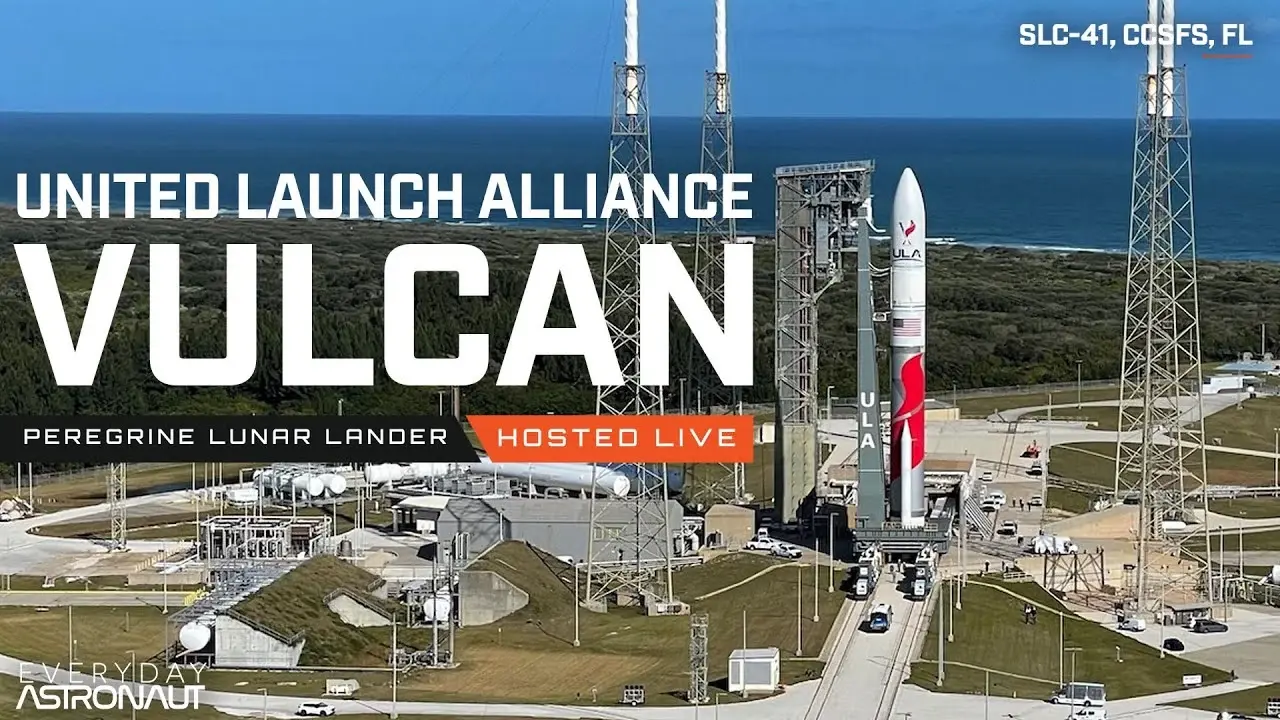As to solar, payback is usually 7-15 years depending on overhead costs, while most panels are still at 80% output in 20 to 25 years. Batteries don’t last as long as panels when being used to near capacity, but they’ll still do about half the lifespan of the panels. Batteries prices are also falling about as quickly as panel prices, with us now being in the neighborhood of 100 dollars per kwh of storage.
I also think it’s a bit of a misnomer, especially on this instance, to consider these things completely dead and worthless at 80% effectiveness, especially when that is still far more effective than a brand new top of the line one a decade ago. I think that there are a lot of people in the world who wouldn’t mind the system taking up 25% more space if they could get them much cheaper, it’s just that much like EV battery range, a lot of people are finding that they don’t really need to replace the thing away at 80% capacity in the first place.













Don’t forget that 20% tax on all foreign goods and a 60% tax on everything made in China, which will definitely cause prices to go down./s